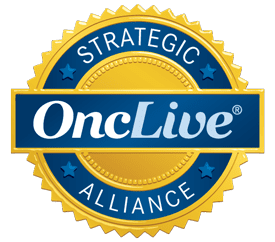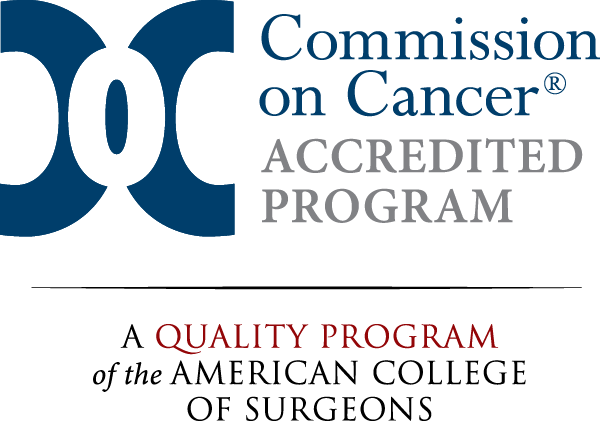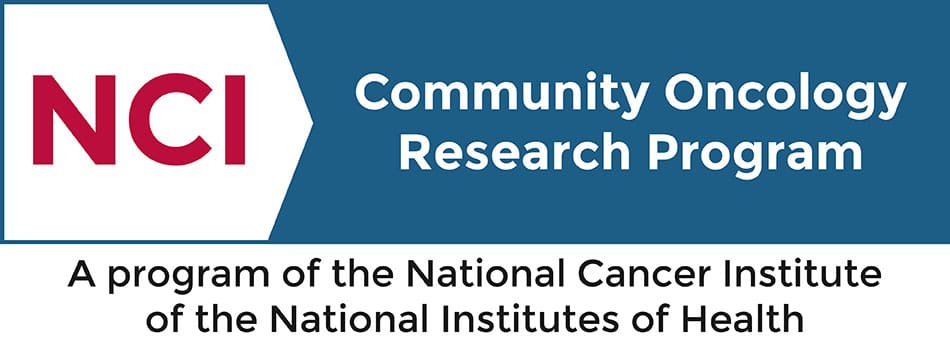Cigarette smoking is the leading cause of preventable death globally. Smoking-related diseases affect millions of people, including over 16 million Americans. In the United States alone, smoking is responsible for more than 480,000 deaths each year, with an estimated 28.3 million adults still dealing with the addiction.
Although there has been a historical decline in adult cigarette use, the rise of vape is becoming more prominent than ever. Every day, 1,600 teens experiment with tobacco for the first time, and much of that can be attributed to the popularity of vaping devices. As a result, over 3 million adolescents abuse tobacco products, initiating a new urgency to address this health challenge.
If you or a loved one is dealing with this struggle, know that there are ways out. Learn more below about how to stop addiction and pave the way for a brighter and more fulfilling future.
Why Should You Quit?
Quitting smoking and tobacco use can have an infinite number of benefits for your health and overall well-being. It can be challenging, but these factors are worth the effort. Here are some reasons why you should strongly consider quitting:
- Longer life: Within a year of quitting, heart attack risks decline by 50% and can add years to your life expectancy. The sooner you quit, the more you can increase your chances of living a happier and healthier life.
- Improved health: By quitting, you can reduce the risk of developing serious health issues like lung cancer, heart disease, chronic respiratory conditions, and more.
- Cost savings: Smoking is an expensive habit. Smokers save roughly $3,000 per year when they quit. Quit now and you can put your money to better use or just squirrel it away for a rainy day.
- Protection for others: Secondhand smoke harms the health of the innocent people around you. By quitting, you can limit the harmful effects of secondhand smoke.
- Better quality of life: When you quit smoking, your lung function starts to improve, and your body can begin to heal from the damage. Quitting will gradually restore your energy and stamina and bring back any senses, like smell and taste, that can be dulled by smoking.
Methods to Quitting Smoking
- Cold turkey: Some people decide enough is enough and just throw away their cigarettes and nicotine and are done. This is more difficult than it sounds, but it does work for some people.
- Gradual withdrawal: Similarly, gradually quitting has been shown to work for some people. This is where you cut down the number of cigarettes or amount you smoke over several days or weeks and slowly reduce the amount of nicotine in your body. Some tricks can include substituting a piece of gum or a cup of coffee for a cigarette.
- Mind-Body practices: Engaging in practices such as yoga and meditation can be effective in the fight against nicotine.
- Smoking deterrents: Over-the-counter aids such as strips, sticks, and lozenges that contain small amounts of nicotine can be used to curb the craving for nicotine.
The Capital Health Quit Smoking Program
Signing up for Capital Health’s Quit Smoking Program is an all-encompassing way to kick your nicotine and tobacco products to the curb. This program offers a personalized approach based on your specific needs. Dedicated counselors are certified healthcare professionals trained in tobacco dependence treatment and will guide you on the right path during your recovery.
The program follows clinical-based guidelines in providing specialized treatment for tobacco and nicotine addiction. With nicotine replacement therapy, specialized therapy, and alternative treatment options, Capital Health promises to lead you in a healthier direction.
How it Works
This program is free to anyone who wants freedom from their addiction. Once signed up for the program, all participants must commit to stop smoking and pledge to follow the program’s guidelines. They must also attend all scheduled meetings either in person or virtually. Each week, counselors will hold group therapy sessions with 6-8 participants along with individual sessions as well.
Both prescription and over-the-counter medications will be provided accordingly by Capital Health medical professionals.
Ready to quit smoking and start your journey to a healthier life? For more information or to get involved in Capital Health’s Smoking Cessation Program, visit capitalhealthcancer.org/quit or call (609)-947-7147.



